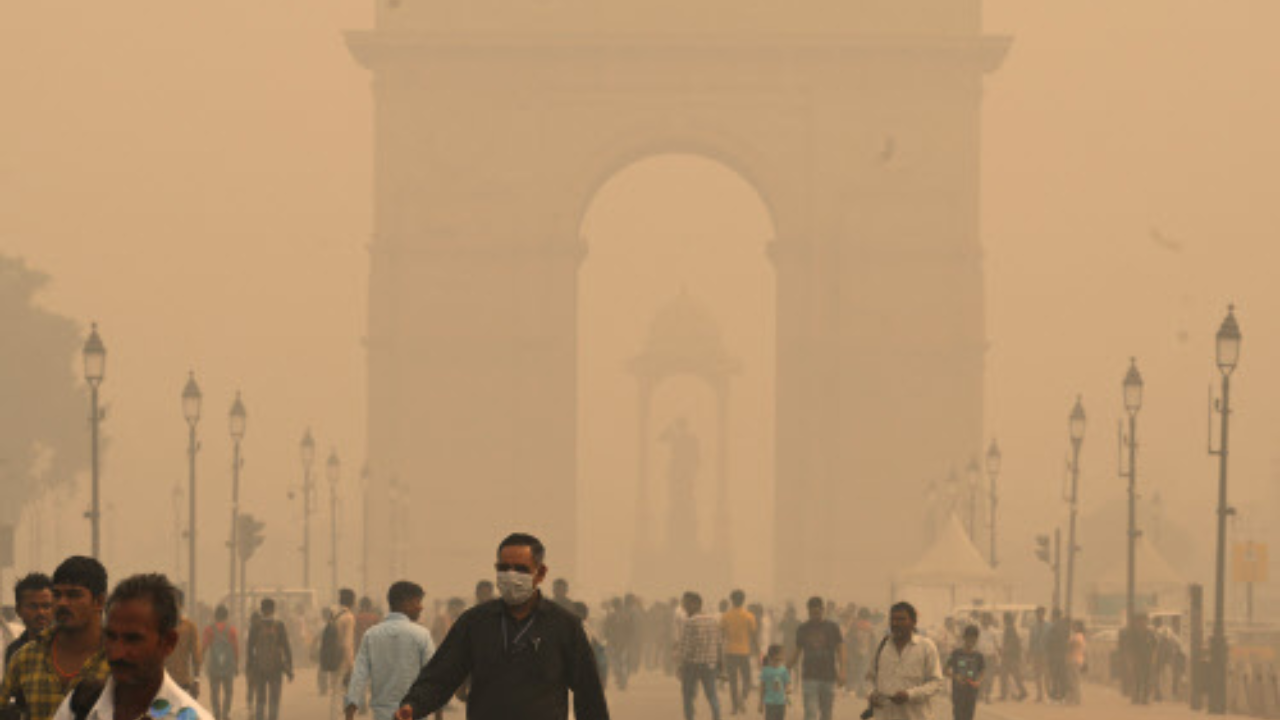[ad_1]
These measures are aimed at curbing pollution levels and safeguarding the health of residents, particularly in the face of the upcoming winter season when air pollution tends to worsen.
One of the key directives is the immediate ban on the entry of polluting trucks and commercial four-wheelers into Delhi. Only vehicles running on compressed natural gas (CNG), electric vehicles, and those compliant with Bharat Stage VI emission norms from other states will be permitted entry into the city. This move is expected to significantly reduce vehicular emissions, a major contributor to the region’s air pollution.
Delhi Pollution Live Updates: AQI remains severe across the National Capital
Additionally, a ban on construction activities related to linear public projects in Delhi-NCR has been ordered. Construction dust is a significant source of particulate matter in the air, and restricting such activities can help mitigate pollution levels.
In a bid to further limit air pollution, all medium and heavy goods vehicles not engaged in essential services will be prohibited from plying within Delhi. These stringent measures are aimed at reducing vehicular emissions, especially from vehicles not essential to the transportation of goods vital for the region.
Delhi reels under severe air pollution. Watch Drone footage
To address the worsening air quality, both government and private sector employees have been advised to work from home. The directive mandates that 50 percent of the staff in government and private offices should work remotely, reducing the number of commuters and vehicles on the road during peak hours.
These measures come as part of a coordinated effort to combat air pollution and improve the overall air quality in Delhi and the surrounding NCR. The Central government’s orders reflect the urgency and seriousness of the situation, especially as winter approaches, which traditionally sees a rise in pollution levels due to factors like stubble burning and adverse weather conditions.
(With agency inputs)
Delhi’s ‘severe’ air quality crisis: Blame game over stubble burning
Watch Delhi extends school closures due to severe pollution concerns
[ad_2]
Source link


